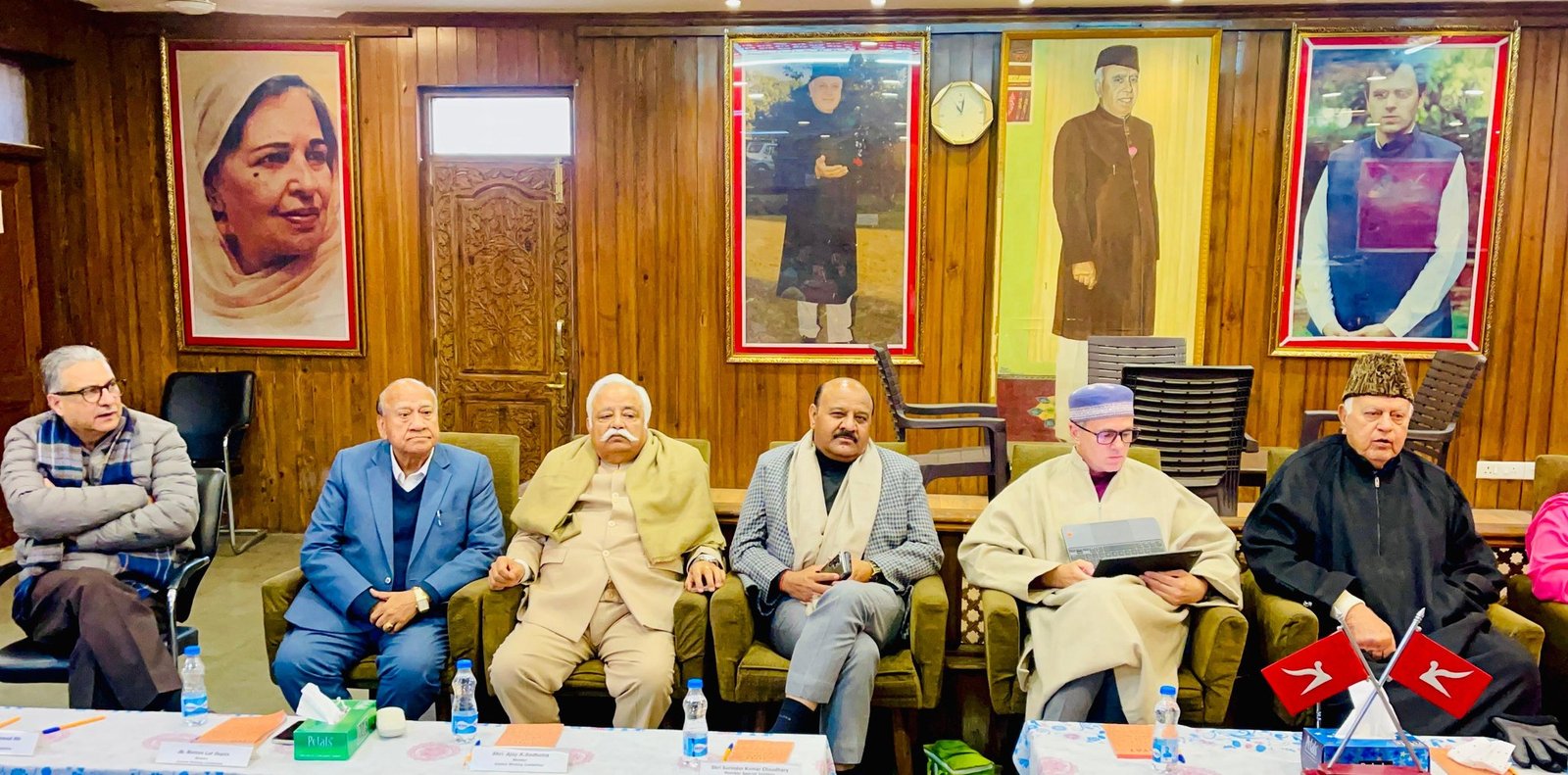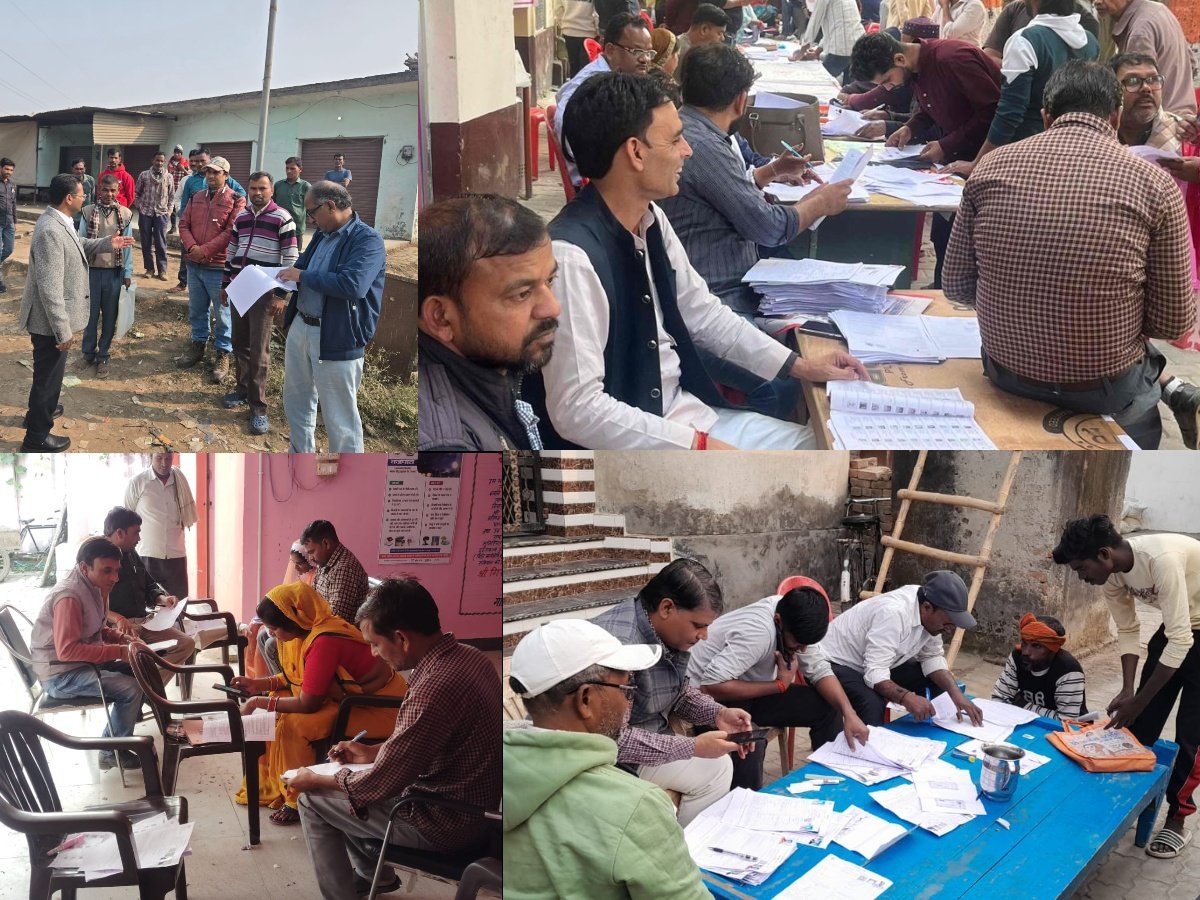
Nagaland’s five major tribes are pushing hard for changes to the state’s long-standing job reservation policy. The group, known as the Committee on Review of Reservation Policy (CoRRP), represents the Ao, Angami, Lotha, Rengma, and Sumi communities. They’re sticking to their plan for an indefinite shutdown across eight districts starting October 1, unless the government makes quick fixes.
On Wednesday, the CoRRP gave a mixed reaction to the Nagaland government’s recent move. They partly welcomed the announcement of a new commission to look into the job reservation system. But leaders say the government’s September 22 notification misses the mark. It calls the body a “Job Reservation Commission,” which doesn’t match what they agreed on during talks back in June.
In a joint statement, CoRRP member secretary G.K. Zhimomi and convenor Tesinlo Semy called for action. “We urge the state government to rename it the Reservation Review Commission,” they said. They also want the terms to cover not just jobs, but also seats in technical and professional courses, as discussed in the June 3 meeting. The group noted the delay—over 100 days since the cabinet first agreed to form such a body on June 12.
Until the government sorts this out, the shutdown will go ahead. It will hit districts like Kohima, Dimapur, Mokokchung, Wokha, Niuland, Chumoukedima, Tseminyu, and Zunheboto—home to these five Naga tribes.
A government official explained that the commission, formed on September 22, will review the policy for government jobs. Retired IAS officer R. Ramakrishnan heads the five-member team. Their goal: recommend fair shares for all tribes in state employment.
The CoRRP set a deadline of September 30 for the government to respond. Zhimomi warned earlier: “If not, we’ll enforce a total shutdown from October 1 in those eight districts.”
This isn’t new—the group has been protesting since April. They’ve organized rallies, declared non-cooperation, and even boycotted Independence Day events on August 15. In May, they held protest marches in district headquarters. Then, on July 9, thousands rallied outside Kohima’s Civil Secretariat, dressed in traditional Naga attire.
At the heart of it all is Nagaland’s job reservation policy, in place since 1977. The CoRRP argues it no longer fits today’s socio-economic and educational landscape for the state’s communities. Originally, it gave 25% of non-technical, non-gazetted posts to seven “backward” tribes for 10 years, based on their challenges in education, economy, and state jobs.
Fast forward, and that share has grown to 37%. It now includes 25% for those seven eastern Nagaland tribes and 12% for four other backward groups. The tribes want a fresh review to make it more equitable.
Stay informed on all the latest news, real-time breaking news updates, and follow all the important headlines in world News on Latest NewsX. Follow us on social media Facebook, Twitter(X), Gettr and subscribe our Youtube Channel.













